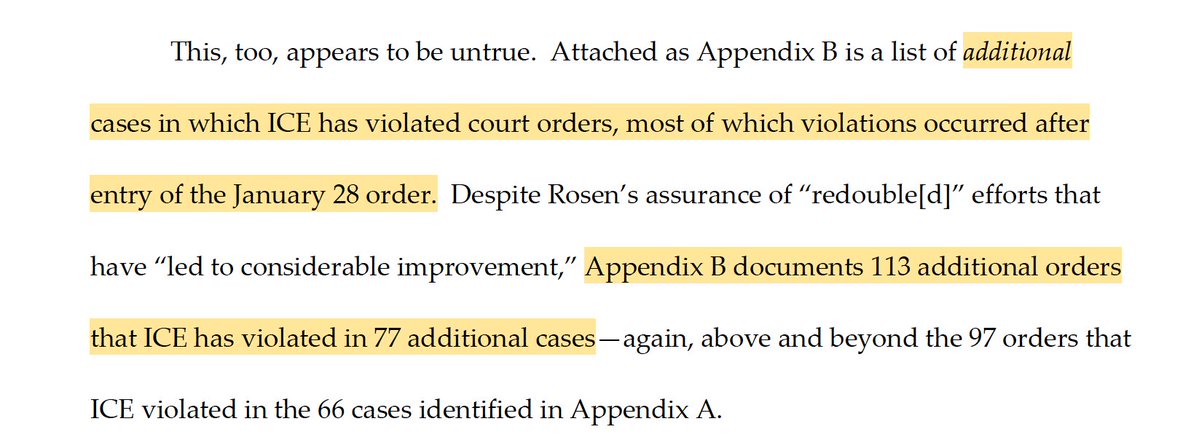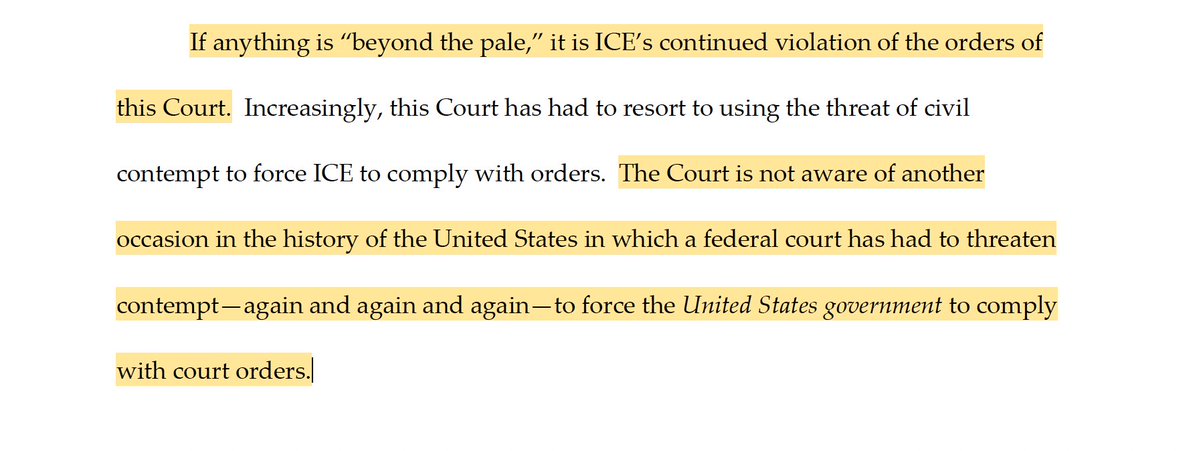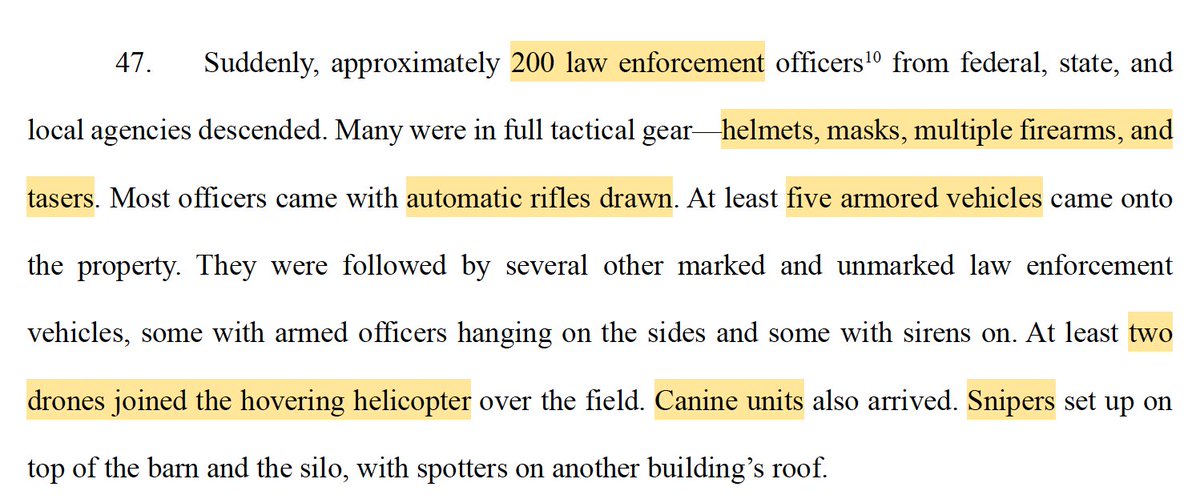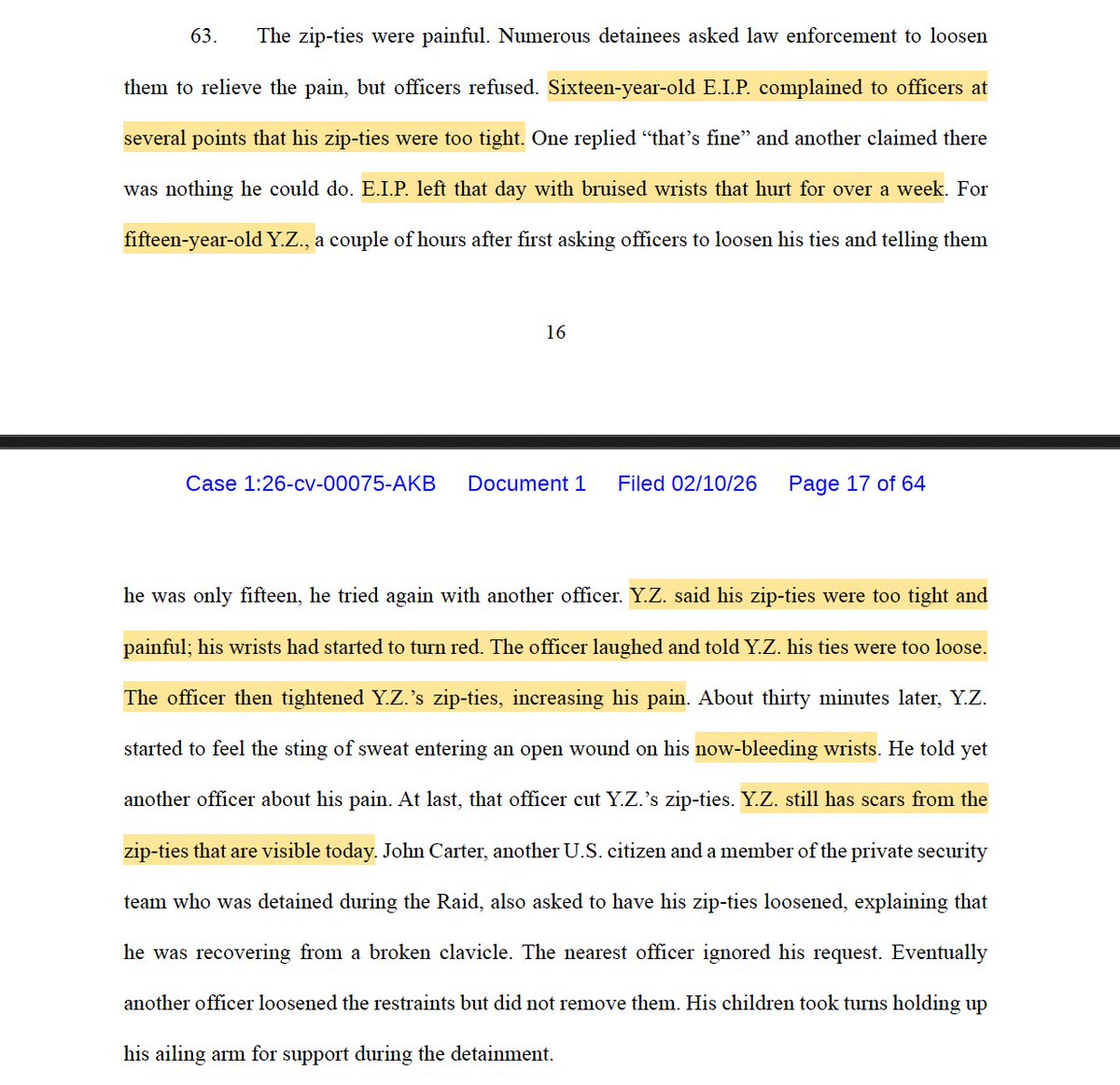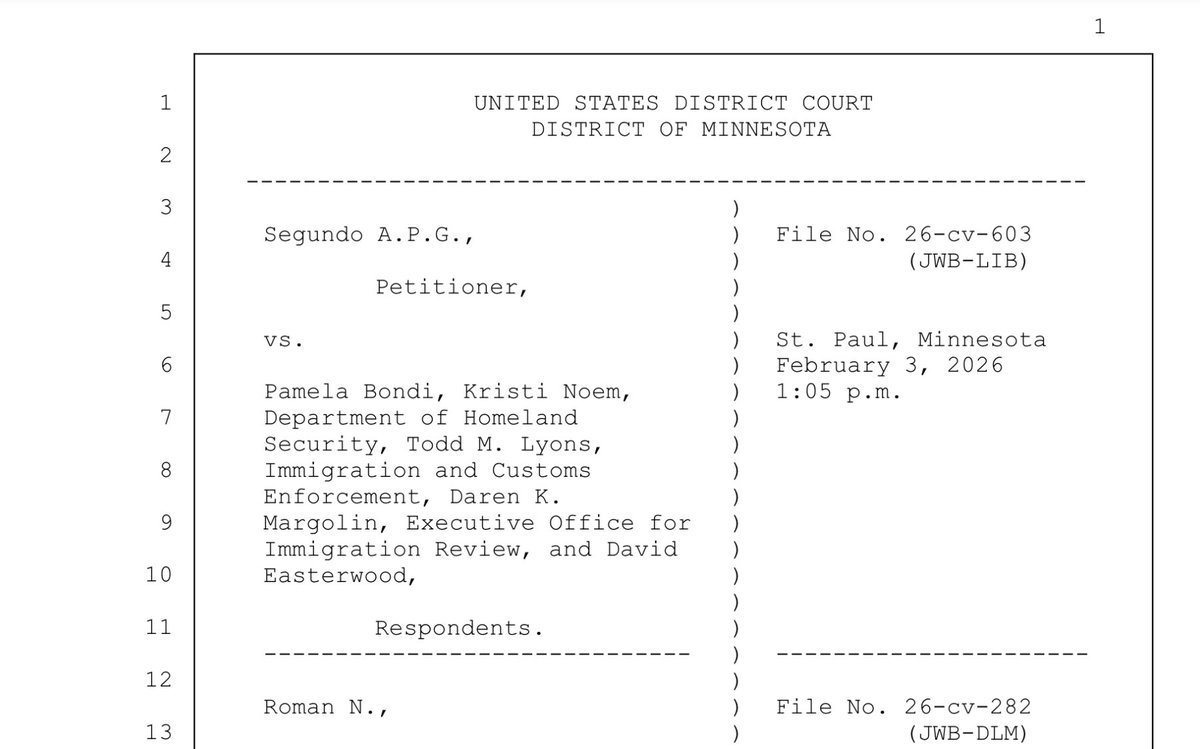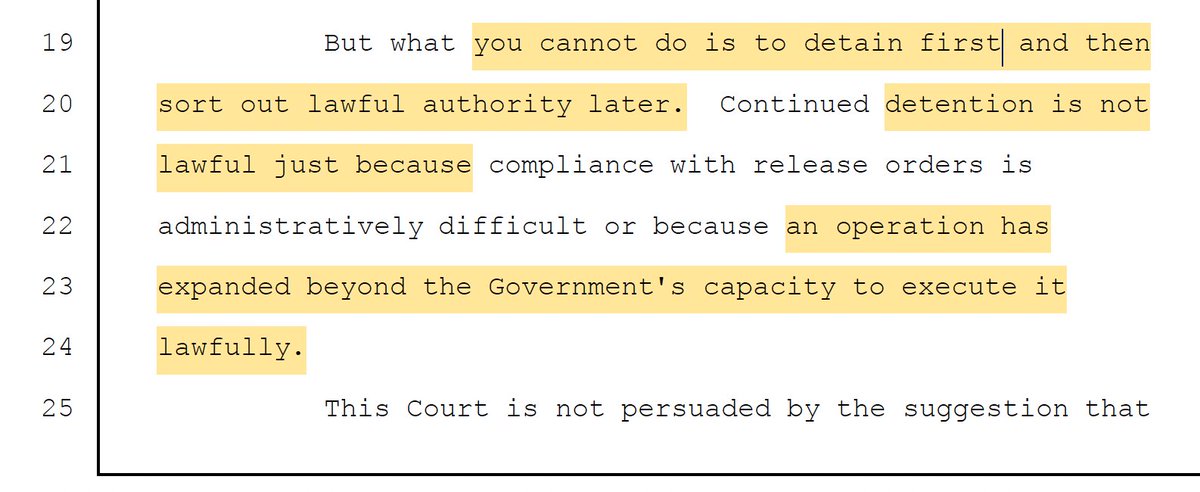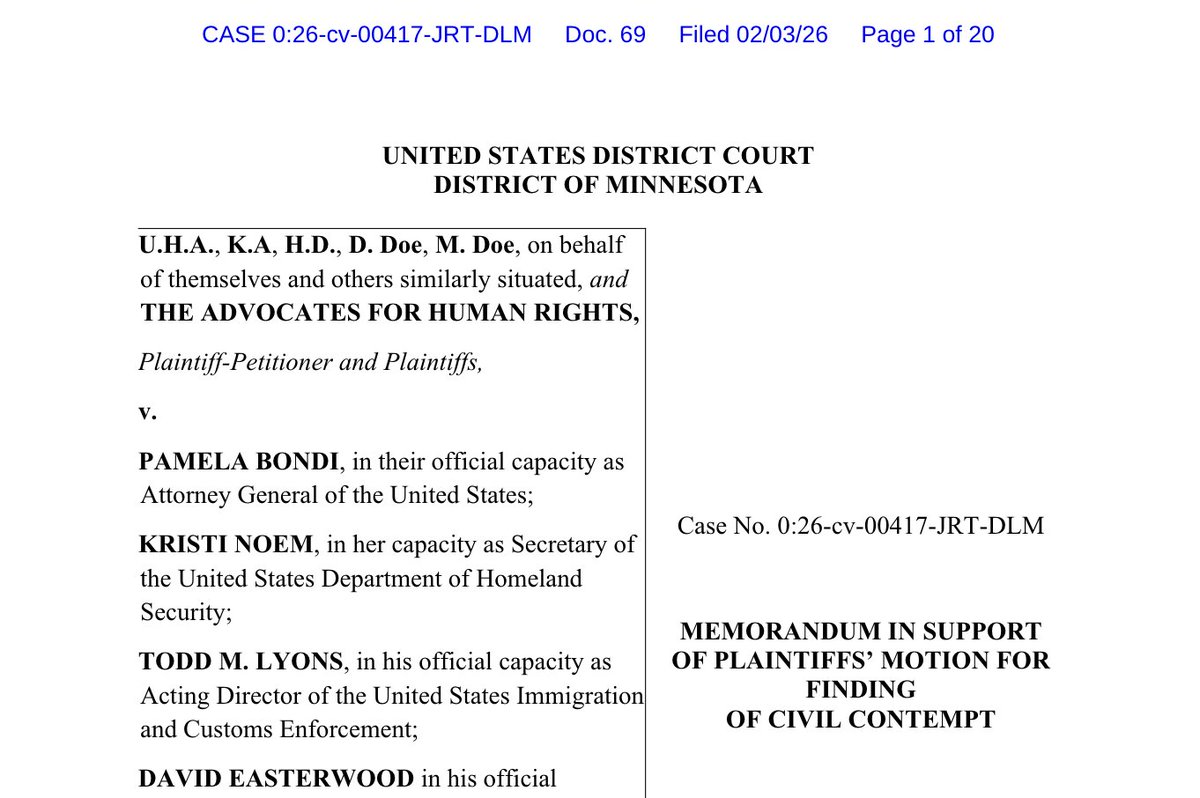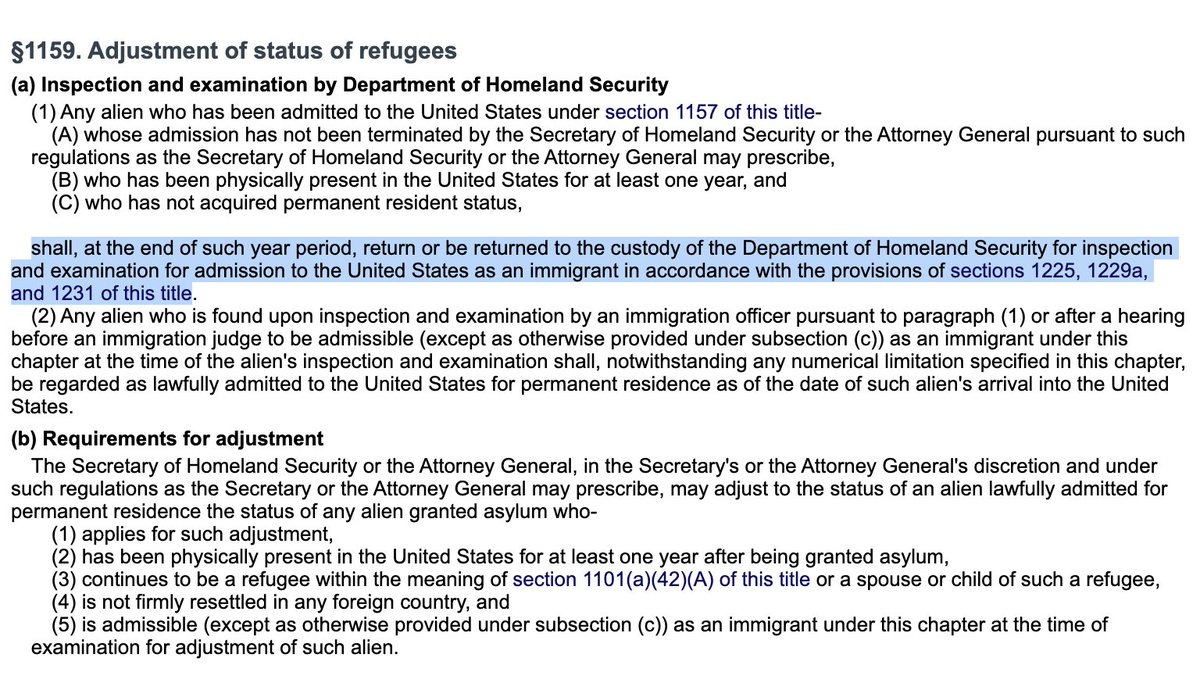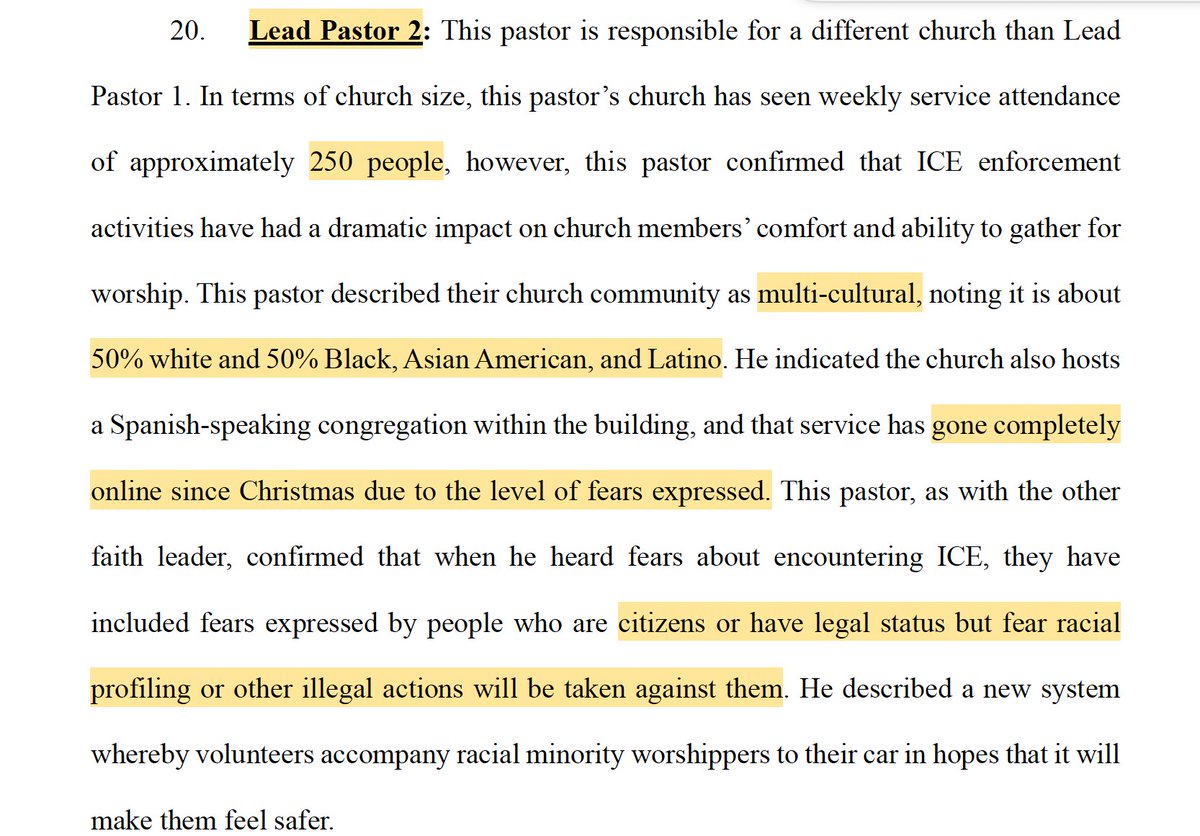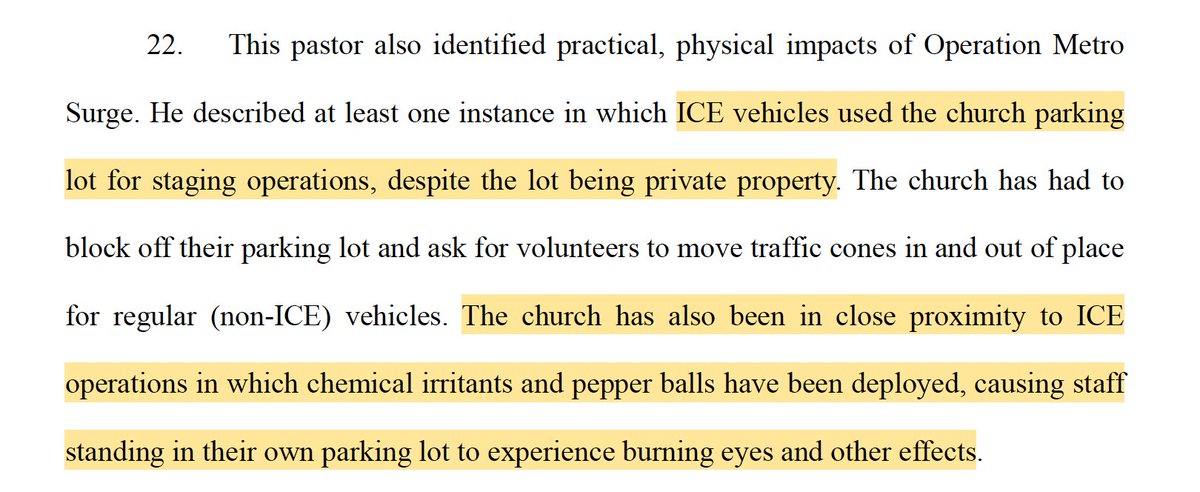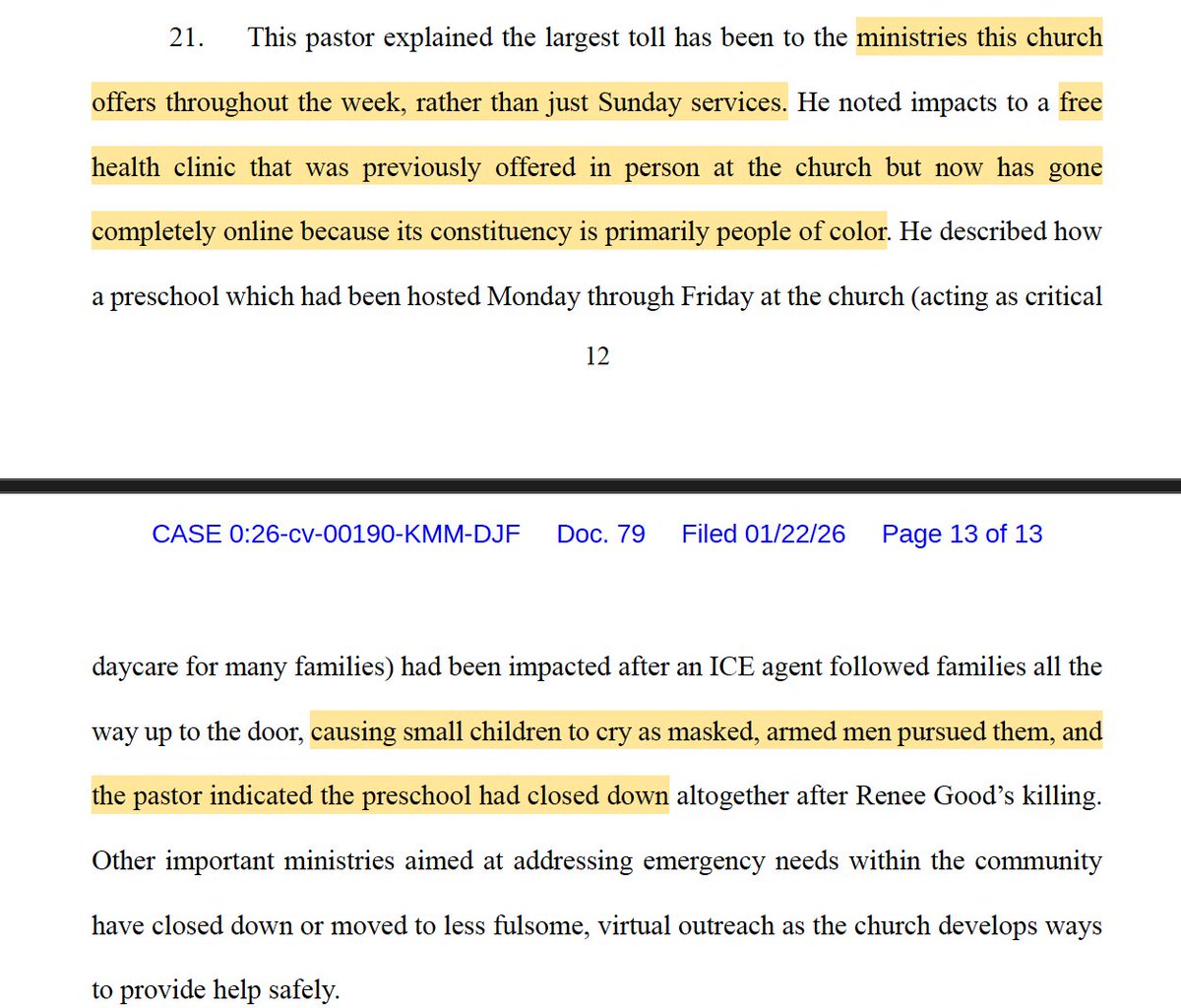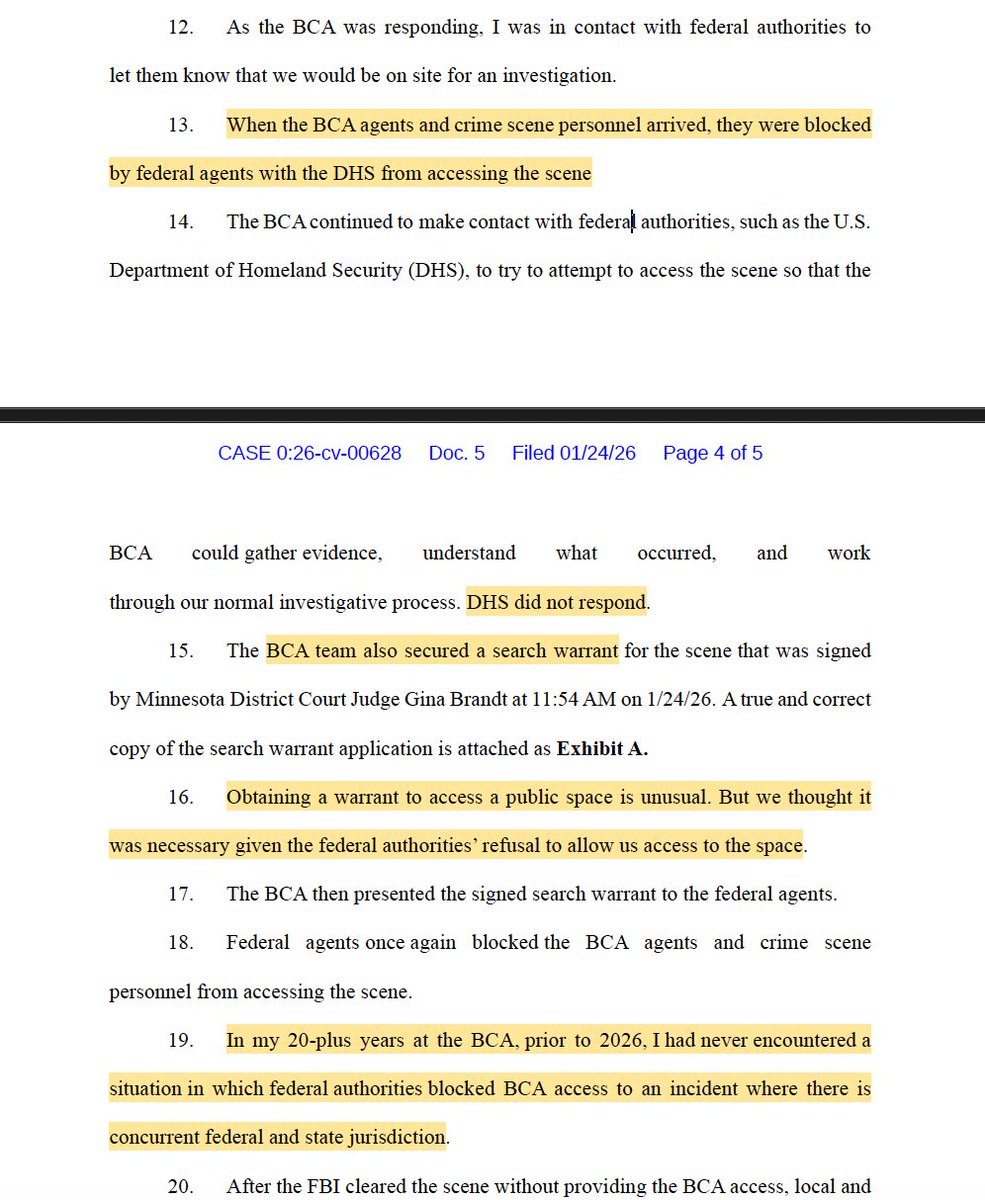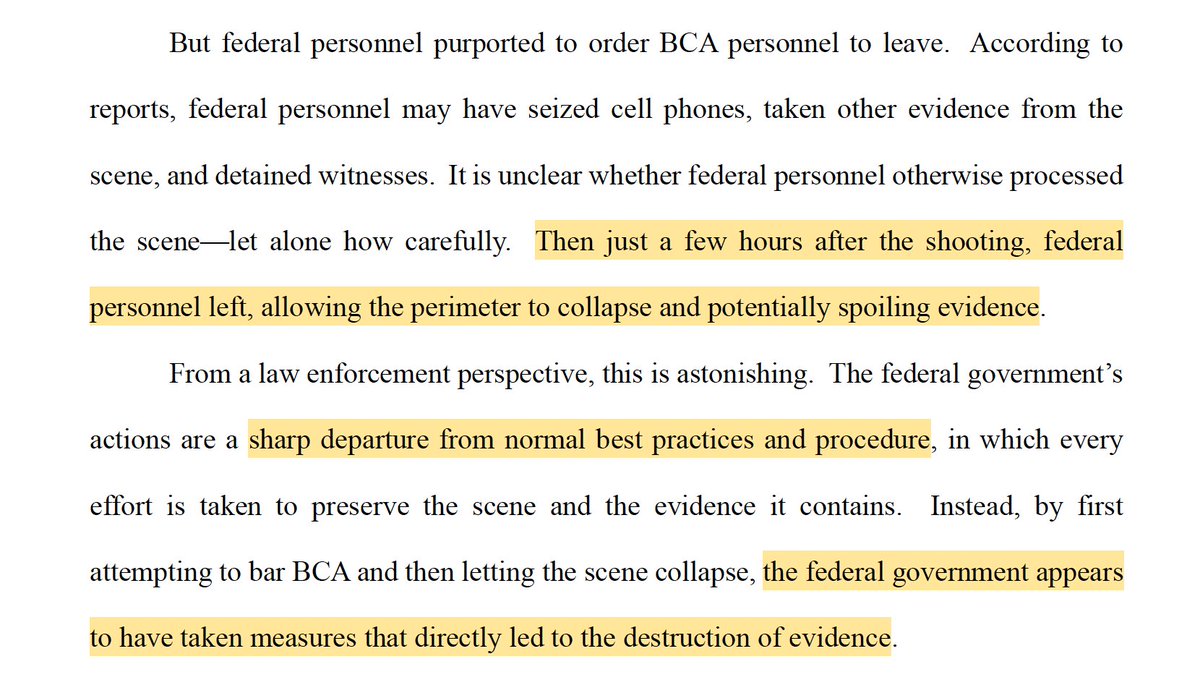There’s a fair chance SCOTUS will grant cert this (Fri) afternoon in the Colo case barring Trump from ballot under § 3 of 14th Am as an "insurrectionist." If it does, look for two things: (1) timing; (2) which issues does SCOTUS want briefed? ...
1/12
1/12

The Colo Republican Party (CRSCC) wants SCOTUS to address 3 issues, while Trump wants it to address 5, only one of which overlaps. Most interesting will be whether SCOTUS addresses whether Trump “engaged in insurrection”—an issue Trump raises.
/2
/2
The party wants an expedited schedule, reaching resolution by 3/5/24 (Super Tuesday). Voter-challengers, rep’d by @CREWcrew , want even faster schedule (below), reaching resolution by 2/11/24, when in-state voters start receiving ballots. They seek 1/19/24 oral arg. ...
/3
/3

@CREWcrew ... The state Republican Party wants 3 issues addressed, but only the 1st two seem certworthy to me:
1. Does § 3 reach presidents?
2. Is § 3 self-executing? (I.e., must Congress enact an enforcement mechanism first?) ...
/4
1. Does § 3 reach presidents?
2. Is § 3 self-executing? (I.e., must Congress enact an enforcement mechanism first?) ...
/4

@CREWcrew ... Trump wants 5 issues addressed:
1. Is this a nonjusticiable political question (i.e., one courts can’t address because it’s up to Congress—though no one knows exactly how Congress could address it.)
2. Does § 3 reach presidents?
3. Did Trump “engage in insurrection”? ...
/5
1. Is this a nonjusticiable political question (i.e., one courts can’t address because it’s up to Congress—though no one knows exactly how Congress could address it.)
2. Does § 3 reach presidents?
3. Did Trump “engage in insurrection”? ...
/5

@CREWcrew ...
4. Did Colo Supreme Court violate the Electors Clause (Art II, Sec 1, cl 2) by misreading its own election laws?
5. Because § 3 bars insurrectionists from office, not from running for office, did Colo unconstitutionally add a new hurdle for running for President?
...
/6
4. Did Colo Supreme Court violate the Electors Clause (Art II, Sec 1, cl 2) by misreading its own election laws?
5. Because § 3 bars insurrectionists from office, not from running for office, did Colo unconstitutionally add a new hurdle for running for President?
...
/6

@CREWcrew SCOTUS might not specify which issues it wants briefed, in which case all would be in play. I don’t see point of addressing Trump’s 4th issue, about CO law, since it addresses only CO. Similarly, 5th just kicks constitutional crisis further down the road. ...
/7
/7
@CREWcrew Meanwhile, the Maine case is fast approaching. Trump has appealed SecState Bellows’ administrative ruling disqualifying him to superior court, which must rule by 1/17/24. Loser then appeals to Maine Supreme Judicial Court, which rules by 1/31/24. ....
/8
bit.ly/48nFnoj
/8
bit.ly/48nFnoj
@CREWcrew ... Finally, as an overview, there have been “more than 60” administrative or court challenges to Trump under § 3, per Trump’s cert petition. Trump Campaign declines to share his list with me, but that probably includes ≥ 14 withdrawn lawsuits ...
/9
/9

@CREWcrew ... Thanks to @hyeminjhan and Caleb Benjamin, who run @lawfare 's Disqualification Tracker, we're aware of 40 lawsuits in 36 states, of which 14 have been withdrawn. ≥19 still pending, at least on appeal, including the ME & CO disqualifications. ...
/10
bit.ly/3vbrNWy
/10
bit.ly/3vbrNWy
@CREWcrew @hyeminjhan @lawfare Adm challenges in IL and MA brought yesterday by @FSFP. (Not reflected on our map, which shows litigations.) Also, MN and Mich have each dismissed challenges on grounds relevant only to primaries, leaving open challenges to general election ballots.
/11
bit.ly/3vbrNWy
/11
bit.ly/3vbrNWy
@CREWcrew @hyeminjhan @lawfare @FSFP ... As someone pointed out—sorry, I can’t find his post to give credit—it seems that SCOTUS can resolve all § 3 litigation *only* with a pro-Trump ruling (e.g., § 3 doesn’t apply to presidents). Affirming COLO's disqualification wouldn't seem to bind other states. ...
/12-end
/12-end
• • •
Missing some Tweet in this thread? You can try to
force a refresh



